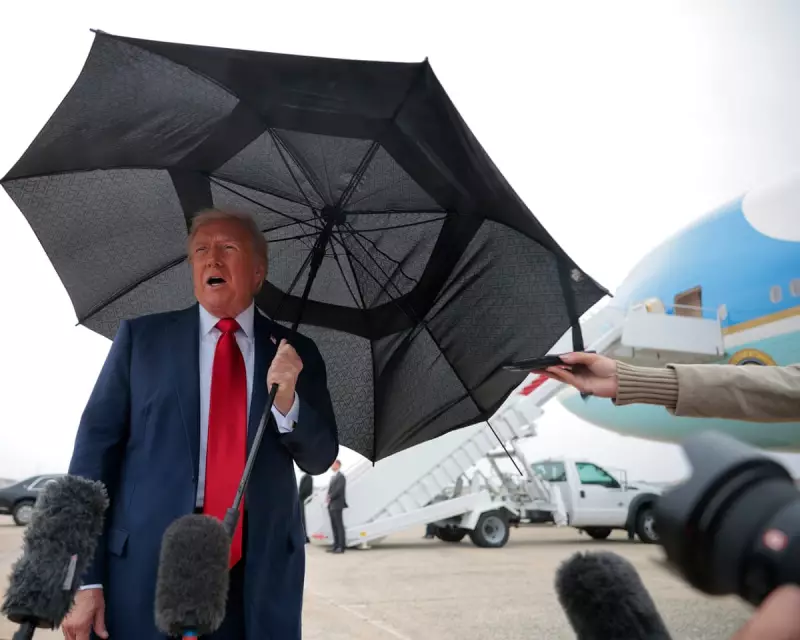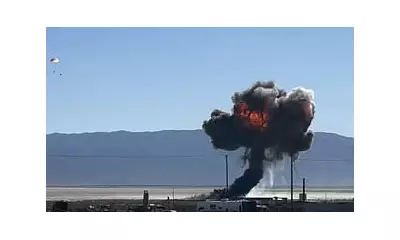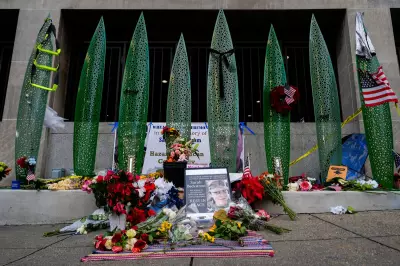
A fragile ceasefire agreement in Gaza faces its most critical test today as Israeli and Hamas negotiators work against the clock to secure the release of hostages amid escalating regional tensions.
The proposed deal, brokered with significant international involvement, outlines a phased approach that would see Israeli hostages released in exchange for Palestinian prisoners and a temporary cessation of hostilities. However, multiple sticking points threaten to derail the delicate negotiations.
Diplomatic Pressure Mounts
International leaders including former US President Donald Trump have intensified efforts to mediate the conflict, with multiple world powers expressing growing concern about the humanitarian situation in Gaza. The United Nations has warned of catastrophic conditions if the fighting resumes.
"We are at a pivotal moment," one senior diplomatic source revealed. "Both sides understand the stakes, but trust remains the fundamental obstacle."
Hostage Families' Agony
Families of those held captive continue to maintain vigil outside Israeli government buildings, their anxiety palpable as each hour passes without confirmation of their loved ones' release.
"Every minute feels like an eternity," said Miriam Cohen, whose brother has been held for over a year. "We need our government to bring them home now."
Regional Implications
The ceasefire's success or failure carries significant consequences beyond Gaza's borders, with neighbouring countries closely monitoring developments. Regional stability hangs in the balance as Hezbollah and other militant groups watch from Lebanon and Syria.
Security analysts warn that collapsed negotiations could trigger renewed violence across multiple fronts, potentially drawing in other actors and escalating the conflict dramatically.
Humanitarian Corridors
If the truce holds, aid organisations stand ready to deliver crucial supplies through newly established humanitarian corridors. Medical teams have been positioned near crossing points, prepared to treat the wounded and malnourished.
"The civilian population cannot endure much more," warned a Red Cross representative. "This ceasefire represents their best hope for survival."
As night falls in the region, the world watches and waits, hoping that diplomacy can prevail where violence has dominated for so long.





